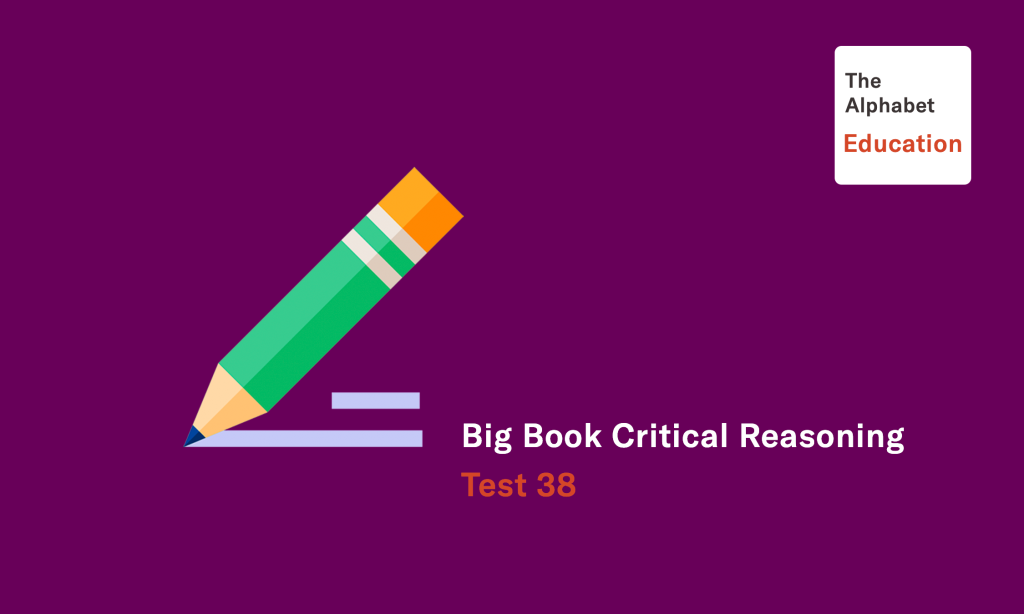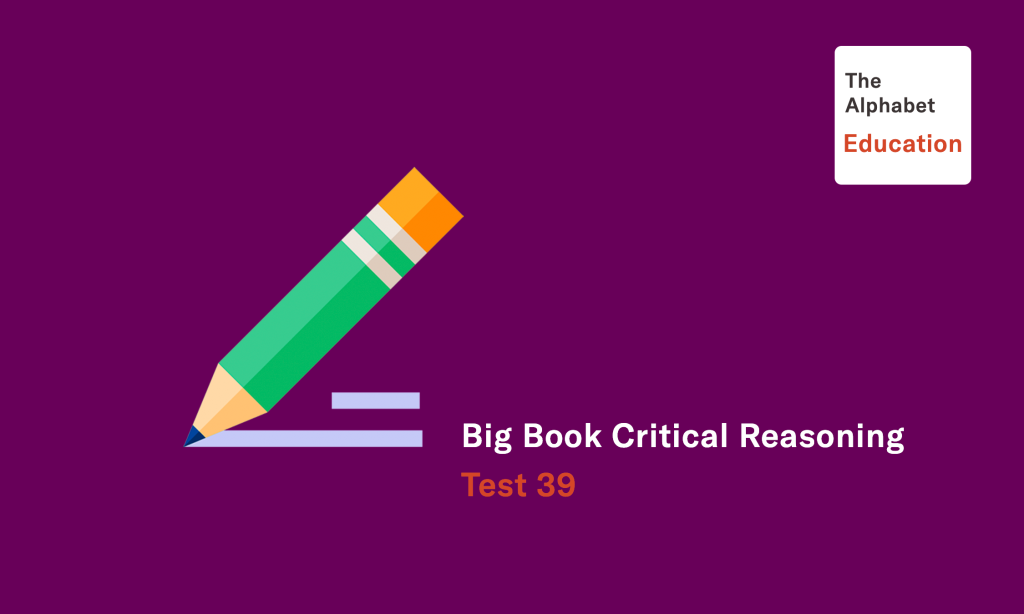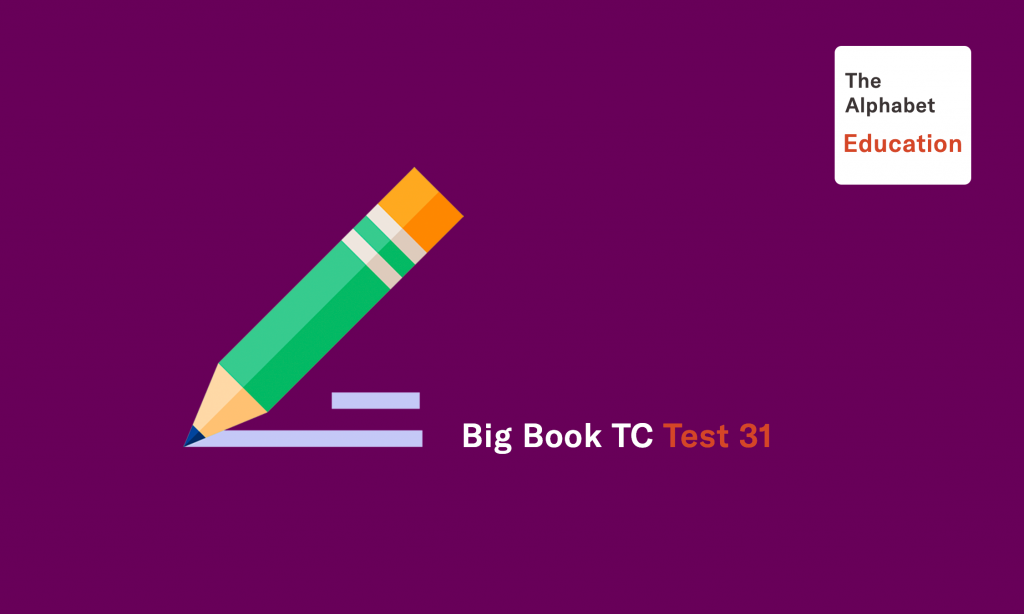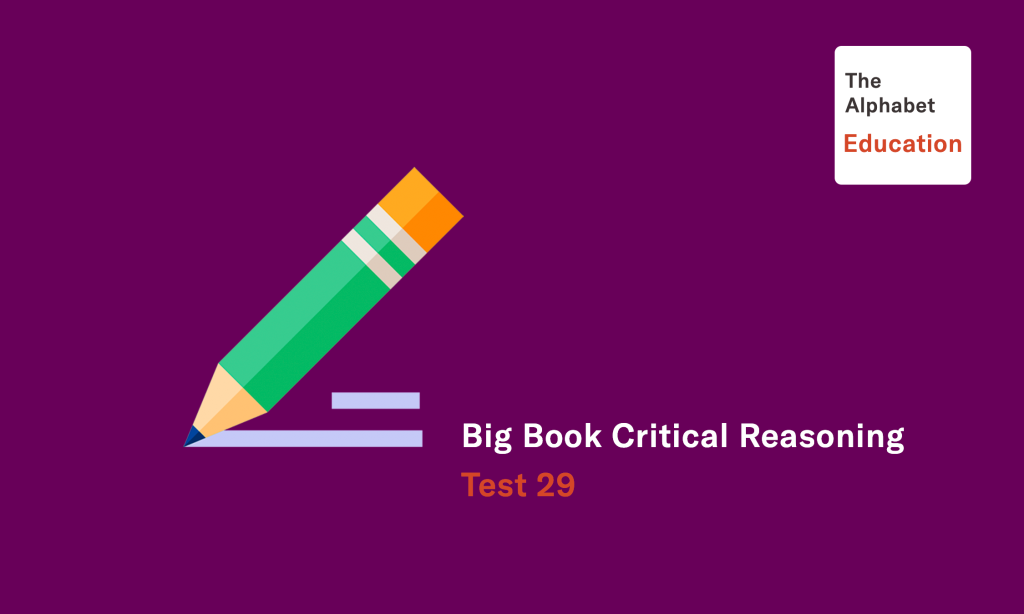GRE Critical Reasoning
Critical Reasoning questions test the ability to understand, analyze, and evaluate arguments. Some of the abilities tested by specific questions include identifying the roles played by specific phrases or sentences in an argument, recognizing the point of an argument, recognizing assumptions on which an argument is based" drawing conclusions and forming hypotheses, identifying methods of argumentation, evaluating arguments and counter-arguments, and analyzing evidence.
Each of the Critical Reasoning questions is based on a short argument, a set of statements, or a plan of action. For each question, select the best answer of the choices given.
5. Public education suffers from what can be diagnosed as the sickness of an overgoverned society. This sickness denies many parents control over the kind of education their children receive. The power once held by parents has gravitated to professional educators. The sickness has been aggravated by increasing centralization and bureaucratization of schools.
#1
From a certain farming region, trucks can carry vegetables to market in New Mexico in two days for a total cost of $300. A train will carry the vegetables there in four days for $200. If reducing time in transit is more important to the owner of the vegetables than is reducing the shipping bill, he or she will send the vegetables by truck.
#2
The expression “the doctrine of unshakable foundations” was once used by a critic in an effort to illuminate the dogmatic nature of certain economic and political philosophies whose adherents, when confronted with the failure of a policy designed to put their philosophy into practice, can conceive of only one reaction: to design another, different policy for putting it into practice.
#3
If an investment has produced no profit, tax relief predicated on having made the investment is no help; any corporate manager who fears that a new asset will not make money is scarcely comforted by promises of reductions in taxes the corporation will not owe.
#4
The results of a recent poll in the United States indicate that the public, by 80 percent to 17 percent, opposes relaxation of existing regulation of air pollution. Furthermore, not a single major segment of the public wants environmental laws made less strict. The results of this poll reveal that legislators, by voting for renewal of the Clean Air Act, will be responsive to the will of the public without alienating any significant special-interest groups.
#5
After a rebellion in a certain country was put down, the country’s parliament debated how to deal with the defeated rebels. One side proposed that all the rebels be imprisoned in order to deter those who might be strongly tempted to rebel in the future. The other side argued against imprisonment because it would only discourage future insurrectionists from surrendering.



